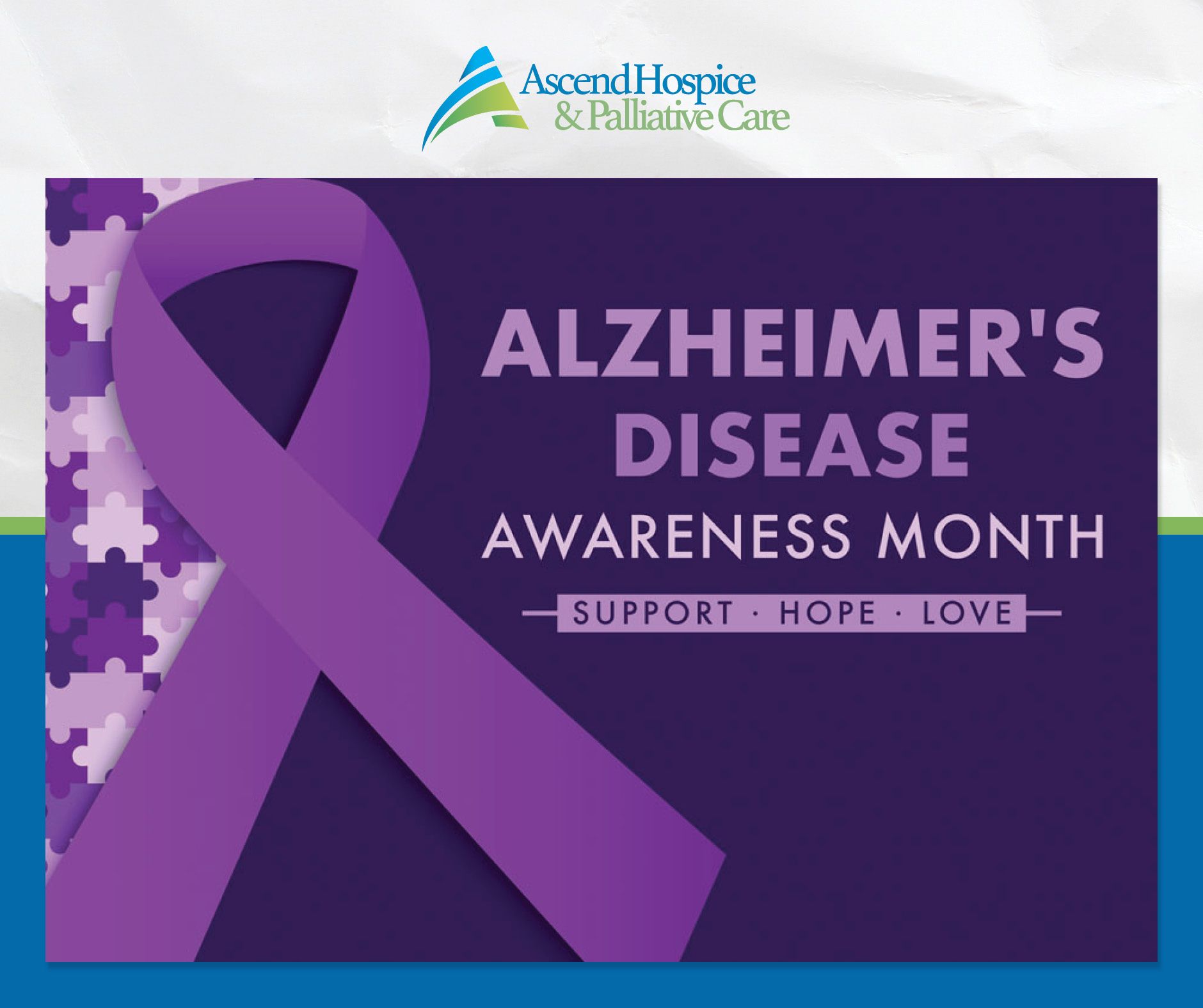Caring For Caregivers
In Observation of National Care at Home Month, and National Family Caregivers Month, we’re centering on supporting family caregivers. We truly are, “Stronger Together.”
Caring for a loved one can be challenging. It’s easy to become so focused on their needs – on being the best caregiver that we can be, that we forget to take care of ourselves. We often focus so intently on giving them the care that they deserve that we neglect our own well-being.
Many home caregivers never pause to realize that being the best caregiver we can be requires us to be at our best. We have to take care of ourselves to do that. Here are a few tips to help caregivers stay at the top of their game. We call it Caring for Caregivers
1. Acknowledge Your Needs
Recognize that caregiving is challenging and demanding. It’s okay to admit that you need help. Prioritizing self-care will enable you to stay at your best.
2. Set Boundaries
Set clear, realistic boundaries around caregiving tasks. Know when to say no, and don’t take on more than you can handle.
3. Take Regular Breaks
Schedule time for yourself, even if it’s just a few minutes of quiet time each day. Take breaks to recharge both mentally and physically.
4. Ask for and Accept Help
Don’t hesitate to ask family members, friends, or professional services for help. Whether it’s help with caregiving duties or emotional support, allow others to contribute.
5. Seek Professional Support
Therapy or support groups for caregivers can be an outlet to express your emotions and find advice or understanding from people in similar situations.
6. Stay Socially Connected
Maintain connections with friends and engage in social activities. Isolation can contribute to stress and burnout, so stay in touch with your social network.
7. Practice Stress Management
Engage in activities that help you relax, like meditation, yoga, or deep breathing exercises. Any hobby that you enjoy, or even journaling can provide emotional relief.
8. Prioritize Physical Health
Don’t neglect your physical health. Exercise regularly, eat nutritious meals, get enough sleep, and go to the doctor when you need to.
9. Educate Yourself
Learn about your loved one’s condition so you can better manage it without overwhelming yourself. Understanding an illness can reduce stress and make caregiving more manageable.
10. Utilize Respite Care
Find a way to gain respite care; it can be friends, family or professional services. This allows you time to rest, travel, or attend to your own needs without worrying.
11. Create a Caregiving Plan
Develop a plan for managing caregiving responsibilities. A schedule or checklist can help you stay organized and prevent feelings of being overwhelmed.
12. Focus on Positives
While caregiving can be stressful, try to find moments of joy or satisfaction. Focusing on the positive aspects of your relationship with the person you’re caring for can help keep burnout at bay.
Don’t forget to enjoy a few moments as frequently as possible. Feel the sun on your shoulders, appreciate the flowers or songbirds. Have a simple chat with your loved one – recount pleasant memories, laugh together about funny things that happened one day. By taking care of ourselves, we can better care for our loved ones while preserving our own health and well-being.



